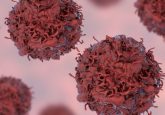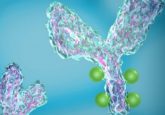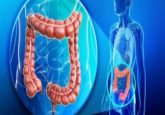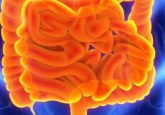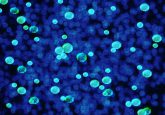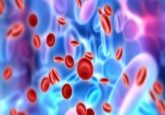Red wine: a chemopreventive measure?
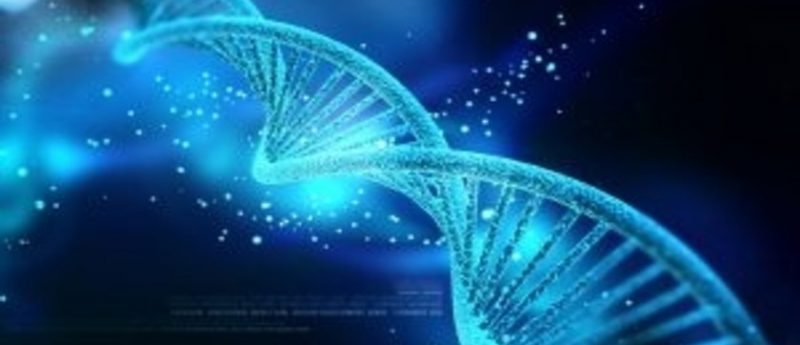
A recent study conducted by researchers at the University of Colorado Cancer Center (CO, USA) has demonstrated that the chemical resveratrol found in grape skins and red wine may prevent cancer. The findings were published in the journal Advances in Experimental Medicine and Biology.
Alcohol is a known risk factor for head and neck cancer. Severe excesses of alcohol can damage genes to a point where the body finds it difficult to repair them. Robert Sclafani, lead author of the study and investigator at the University of Colorado Cancer Center commented: “Now, resveratrol challenges these cells – the ones with unrepaired DNA damage are killed, so they can’t go on to cause cancer. Alcohol damages cells and resveratrol kills damaged cells.”
A study on Fanconi anemia, a rare genetic disorder that affects approximately one in every 350,000 infants, has previously shed light on alcohol’s ability to cause cancer. Researcher revealed that individuals with the condition are born without the ability to repair DNA cross links and therefore accumulate damaged DNA. Consequently, patients with Fanconi anemia are at a significantly higher risk of developing cancers such as head and neck cancer.
In both Fanconi anemia and alcohol-related cancer, the cancer-causing mechanism is the same: partially metabolized alcohol. The body metabolizes alcohol by firstly converting it to acetyl aldehyde, a partially metabolized compound that produces cross links in DNA. With excess consumption of alcohol, a buildup of acetyl aldehyde can result.
In the healthy body, aldehyde dehydrogenase converts acetyl aldehyde into acetic acid. However, increased exposure to alcohol, loss of the aldehyde dehydrogenase gene and a loss of the ability to repair DNA cross links can all result in an increased head and neck cancer risk.
Sclafani and his team believe however that the resveratrol has the ability to block alcohol’s carcinogenic effect. He continues: “When you look at epidemiological studies of head and neck cancer, alcohol is a factor, but by alcohol source, the lowest cancer incidence is in people who drank red wine. In red wine, there’s something that’s blocking the cancer-causing effect of alcohol.” Sclafani believes that that ‘something’ is resveratrol.
“The more you drink, the more you accumulate DNA damage, and the more chance that one or more cells will accumulate the specific type of DNA damage that can cause cancer. Now, resveratrol takes out the cells with the most damage – the cells that have the highest probability of being able to cause cancer.” As a result, resveratrol, by killing the most dangerous cells, may decrease the probability that alcohol use will cause cancer.
Ongoing clinical trials are focused upon testing the ability of resveratrol to prevent a number of cancers, including colon and liver cancer. Sclafani and his colleague Rajesh Agarwal are continuing to test the chemopreventive nature of resveratrol in the hope that it may demonstrate potential as a future preventative and possibly therapeutic treatment for head and neck cancer.
Source: Shrotriya S, Argawal R, Sclafani RA. A Perspective on Chemoprevention by Resveratrol in Head and Neck Squamous Cell Carcinoma. Adv Exp Med Biol. doi: 10.1007/978-3-319-09614-8_19. (2014) [Epub ahead of print]; University of Colorado Cancer Center press release
